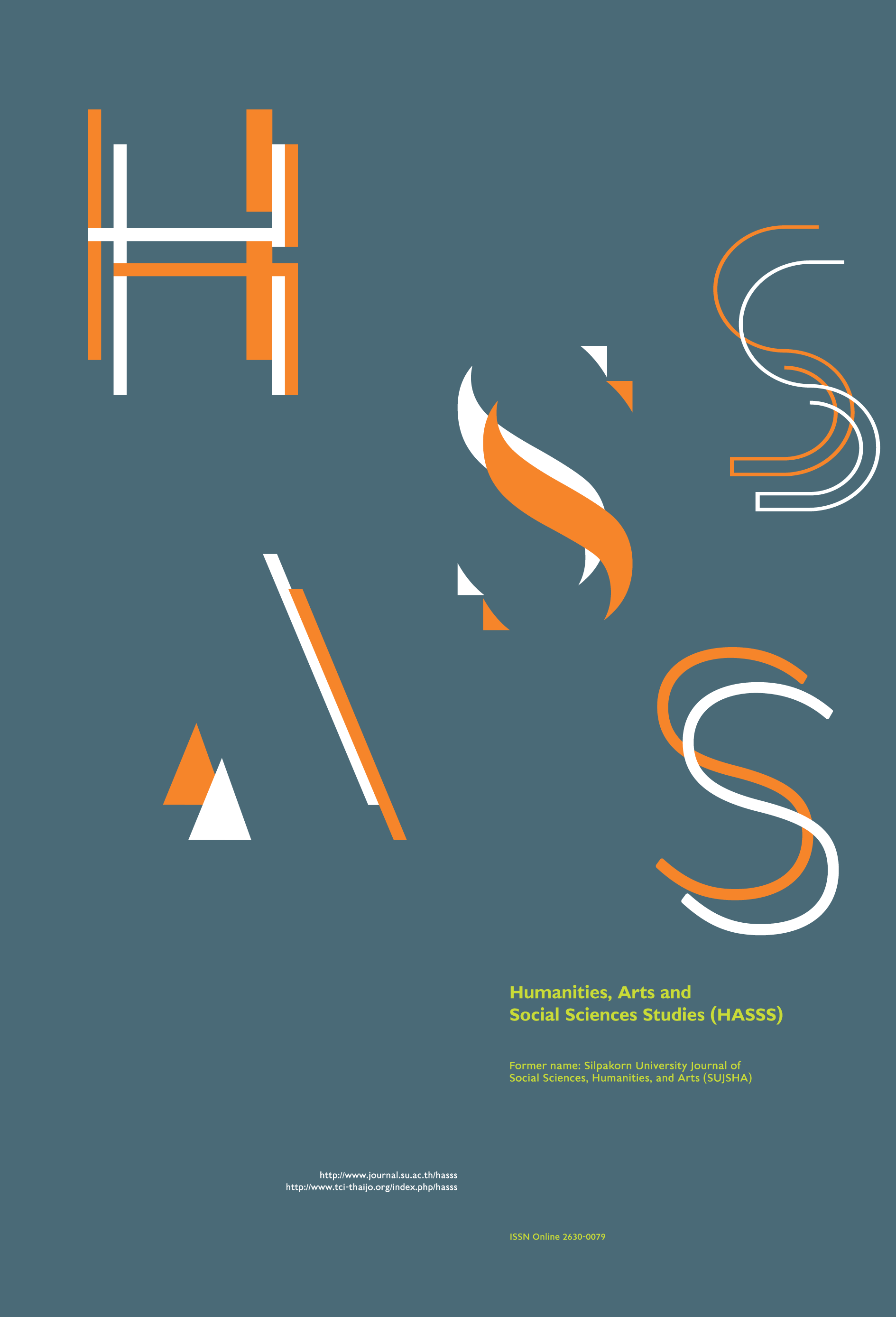Balik Scientist Program (BSP) and the Return of Filipinos Educated Abroad
Main Article Content
Abstract
In the era of globalization, international education has been one of the subjects frequently explored as research topics. There is no doubt that globalization as a theme has also invaded the four walls of the classroom. The cooperation being undertaken by academic institutions has created a big mark in the international setting as it affirms the existence of a borderless world pressing for global understanding via promotion and extension of opportunities for study abroad. The experience abroad provides students with important concepts not only acquired within the classroom setting, but it also allows them to generate a better perspective of the society; thus, it contributes to the intellectual, social and emotional enhancement of the students. Coming home after being overseas for years offers opportunities, benefits and challenges. This paper analyzes the Balik Scientist Program (BSP) of the Philippines’ Department of Science and Technology (DOST), along with other concerns that impact the implementation of the four-decade old program. A comparative approach on existing brain gain efforts initiated by other countries is also conducted. By addressing budgetary concerns and system orientation, it is expected that BSP as a brain gain mechanism could be strengthened. The program needs to forge ties clearly with other related public agencies and private entities to realize its goals fully.
Downloads
Article Details
All rights reserved. Apart from citations for the purposes of research, private study, or criticism and review,no part of this publication may be reproduced, stored or transmitted in any other form without prior written permission by the publisher.
References
Arouca, R. (2013) A qualitative study of returning study abroad student: The critical role of reentry support programs. Theses, Dissertations, Professional Papers, Paper 33. [Online URL: scholarworks.umt.edu/etd/33/.] accessed on October 25, 2014.
Choudaha, R. (2010) Brain Gain Strategy for India: GyanRatna to Recognize and Attract Top Talent. DrEducation: International Higher Education Blog. [Online URL: https://www.dreducation.com/2010/10/brain-gain-india-gyan-ratna.html] accessed on June 15, 2015.
Gentleman, A. (2008) ‘Brain gain’ for India as elite return. The Guardian. [Online URL: https://www.theguardian.com/world/ 2008/apr/20/india.globaleconomy.] accessed on June 15, 2015.
Le, A. (2014) Vietnamese International Student Repatriates: An Exploratory Study. Educational Administration. Theses, Dissertations, and Student Research, Paper 181. [Online URL: https://webcache.googleusercontent.com/search?
q=cache:R3eixuFTNHwJ:digitalcommons.unl.edu/cehsedaddiss/181/+&cd=1&hl=en&ct=clnk&gl=ph] accessed on September 15, 2014.
Ministry of Foreign Affairs - Malaysia. (n.d.) What Is Brain Gain Programme. Brain Gain Malaysia Programme. [Online URL: https://www.kln.gov.my/web/nzl_wellington/ann2010/-/asset_publisher/ME2g/blog/braingain-malaysia-rogramme?redirect= %2Fweb%2Fnzl_ wellington%2Fann2010]. accessed on May 10, 2015.
Mishra, A. (2013) Brain gain counters brain drain in attracting PhDs. University World News. [Online URL: https://www.universityworldnews.com/article. php?story=20130516150447127.] accessed on June 15, 2015.
Ng, E., Burke, R., Fiksenbaum, L. (2008) Career Choice in Management: Findings from US MBA Students. Career Development International [Online URL: https://www.ingentaconnect.com/content/mcb/137/2008/
00000013 /00000004/art00006.] accessed on June 15, 2015.
Pak, J. (2013) Will Malaysia’s brain drain block its economic ambitions. BBC News. [Online URL: https://www.bbc.com/news/world-asia-22610210] accessed on May 15, 2015.
Rai, S. (2014) And now for the brain gain. The Indian Express. [Online URL: https://indianexpress.com/article/opinion/columns/and-now-for-thebrain-gain/2/.] accessed on June 5, 2015.
Sahoo, S. (2009) Brain gain I HRD’s plan. Hindustan Times. New Delhi. [Online URL: https://www.hindustantimes.com/india-news/brain-gainis-hrd-s-plan/article1-449363.aspx.] accessed on June 5, 2015.
Salamat, M. (2013) Why not prioritize science &tech in 2014 budget, progressive scientists ask. [Online URL: https://bulatlat.com/main/2013/08/12/whynot-prioritize-science-tech-in-2014-budget-progressive-scientists-ask/]
accessed on October 25, 2014.
Song, H. (1997) From Brain Drain to Reverse Brain Drain: Three Decades of Korean Experience. Science, Technology, and Society 2(2): 317-345.
Talent Corp. (2015) TalentCorp Malaysia. [Online URL: https://www.talentcorp.com.my/malaysians-abroad/returning-expert-programme/] accessed on March 29, 2015.
The Rocket (2011) Talent Corp a resurrection of Pak Lah’s failed brain Gain Program? [Online URL: https://www.therocket.com.my/en /talent-corp-a-resurrection-of-pak-lah%E2%80%99s-failed-brain-gain-program/] accessed on May 15, 2015.
World Bank. (2011) Brain Drain. [Online URL: https://siteresources.worldbank.org/INTMALAYSIA/ Resources/3243921303882224029/malaysiaec_monitor_apr2011_ch3.pdf.] accessed on May 15, 2015.


